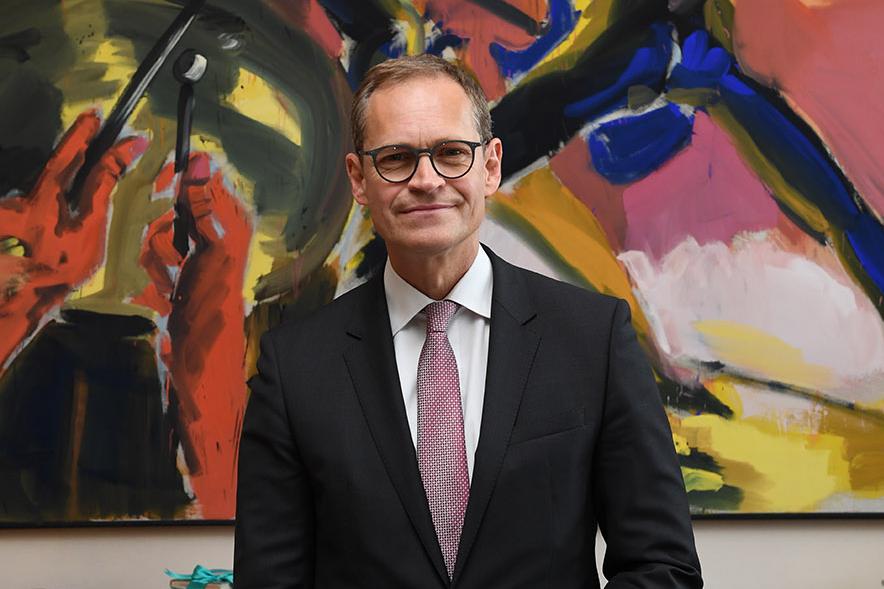DM: Mr. Governing Mayor, you were President of the German Bundesrat (federal council) in 2018 and since last year, you have been President of the international city network Metropolis, which with 139 major cities and metropolitan regions forms the largest network of its kind. What could or do you hope to change with these positions?
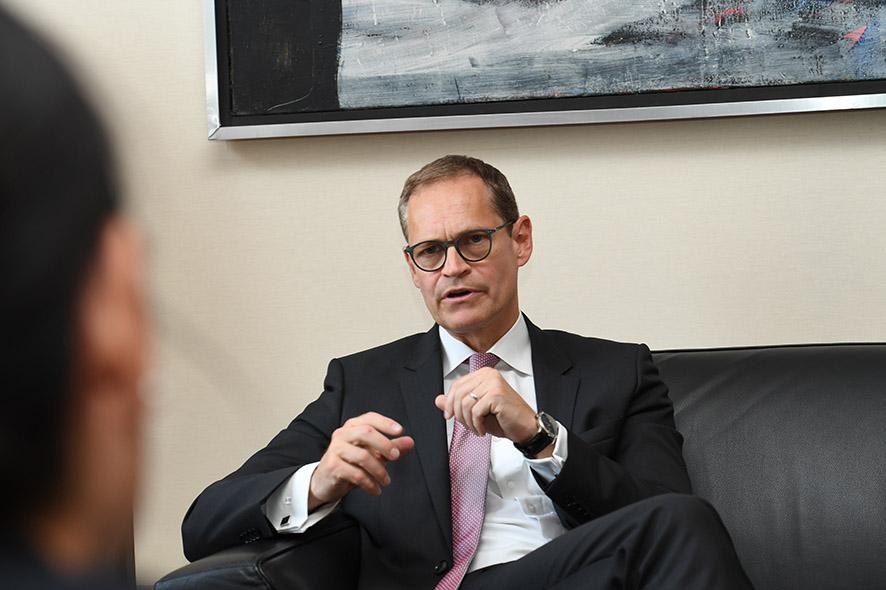
Michael Müller: The presidency of the Bundesrat changes every year from state to state. I saw it as an opportunity to stimulate a social debate on the modernisation of our society against the backdrop of digitisation. I also saw it as an opportunity to, for example, reopen the question of social justice, with the discussion on the solidarity-based basic income, which is now starting in Berlin.
As Metropolis President, I am in dialogue with the great metropolises of this world. It is extremely important for cities to network in order for them to express how valuable they are in shaping social progress. More people live in cities than in the countryside as a whole. That is why they represent the voice of a large proportion of the population that is growing and whose housing, work, security and ecological needs, among others, must be met responsibly and sustainably. Every big city has to tackle the same challenges. That is why we can and must learn from each other, and that is what I want to advance as President of the network.
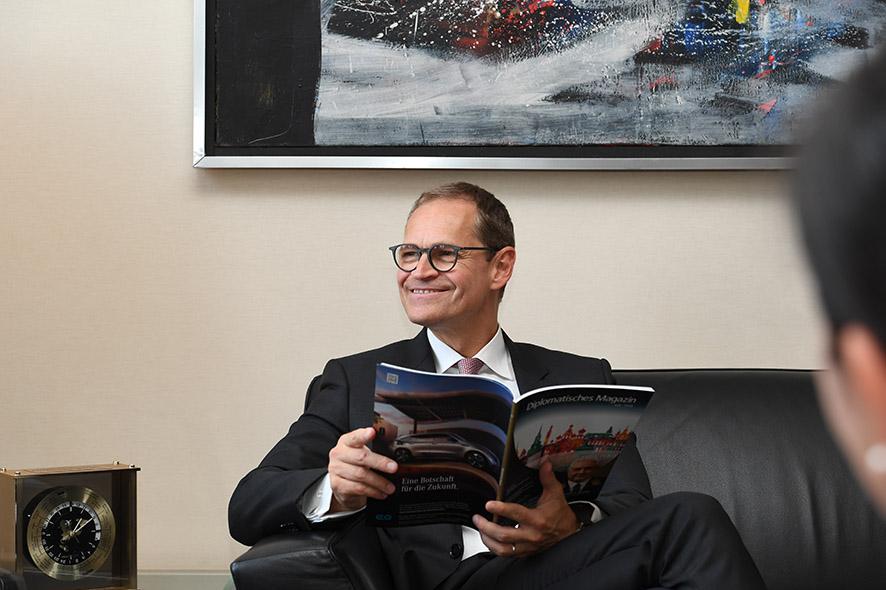
At the beginning of June you welcomed, inter alia, the Minister of Culture of Buenos Aires Enrique Avogadro and the Mayor of Jerusalem Moshe Lion to the Berlin “Hoffest” Courtyard Festival. What could your international colleagues tell you about their hometowns?
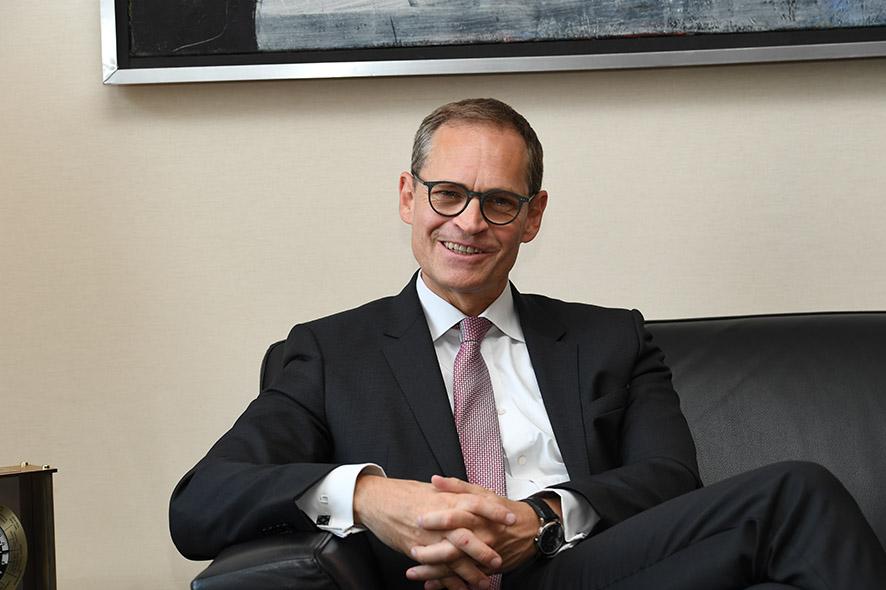
As President of Metropolis, I visited Latin America as well as Berlin’s twin city Buenos Aires, on the anniversary of the partnership in April. I have also been on many trips to Israel. Of course, the problems we share in the metropolises was a topic of discussion with both of my colleagues. For example, how to better organise local transport. But of course they both enjoyed the party as well.
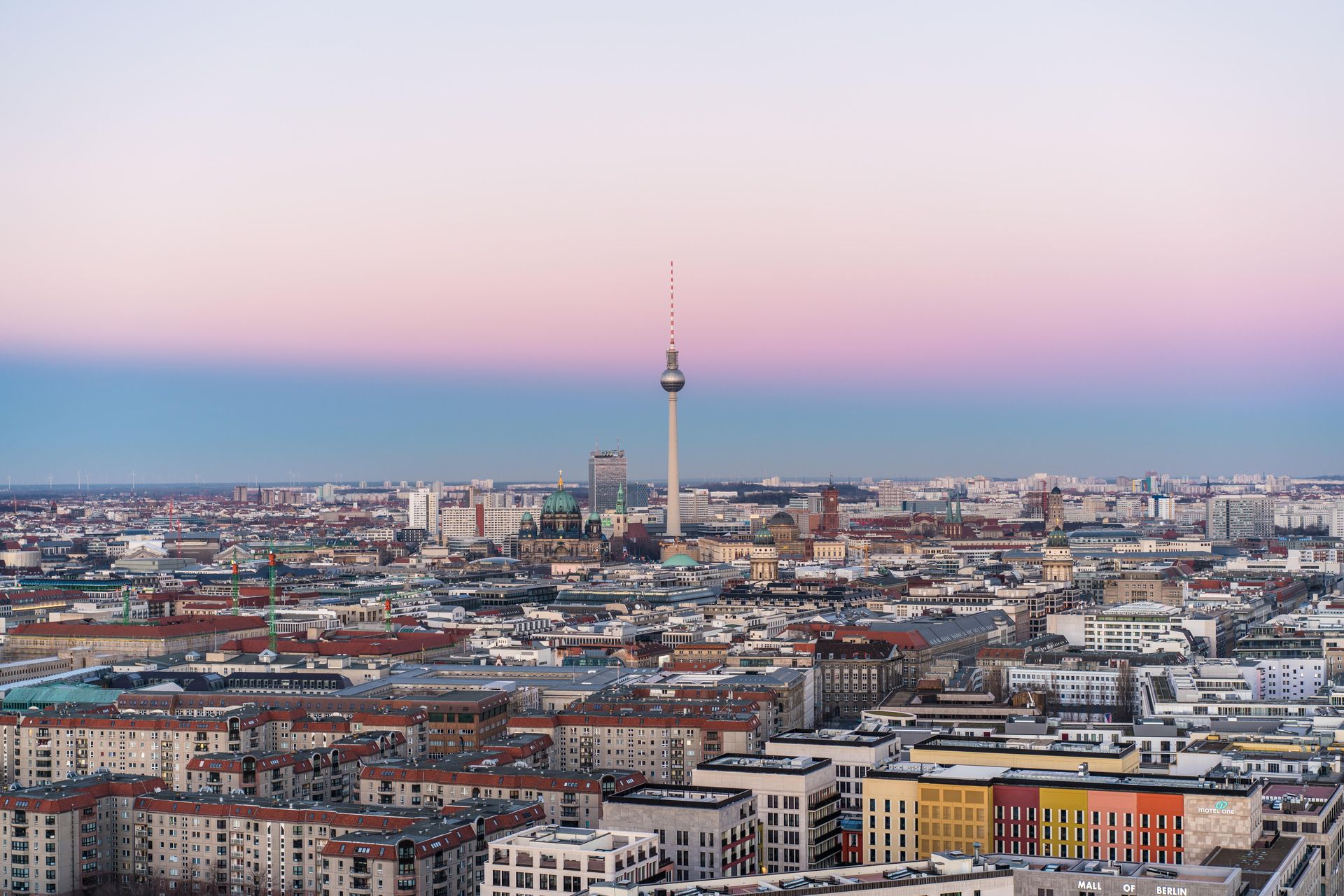
At the end of May, you travelled with a delegation to Tokyo and in June, you were invited to the EU Capital City Mayors Summit in London. The topics of mobility and housing shortages are relevant almost everywhere in the world, including Berlin. What measures are you planning in this respect for the German capital?
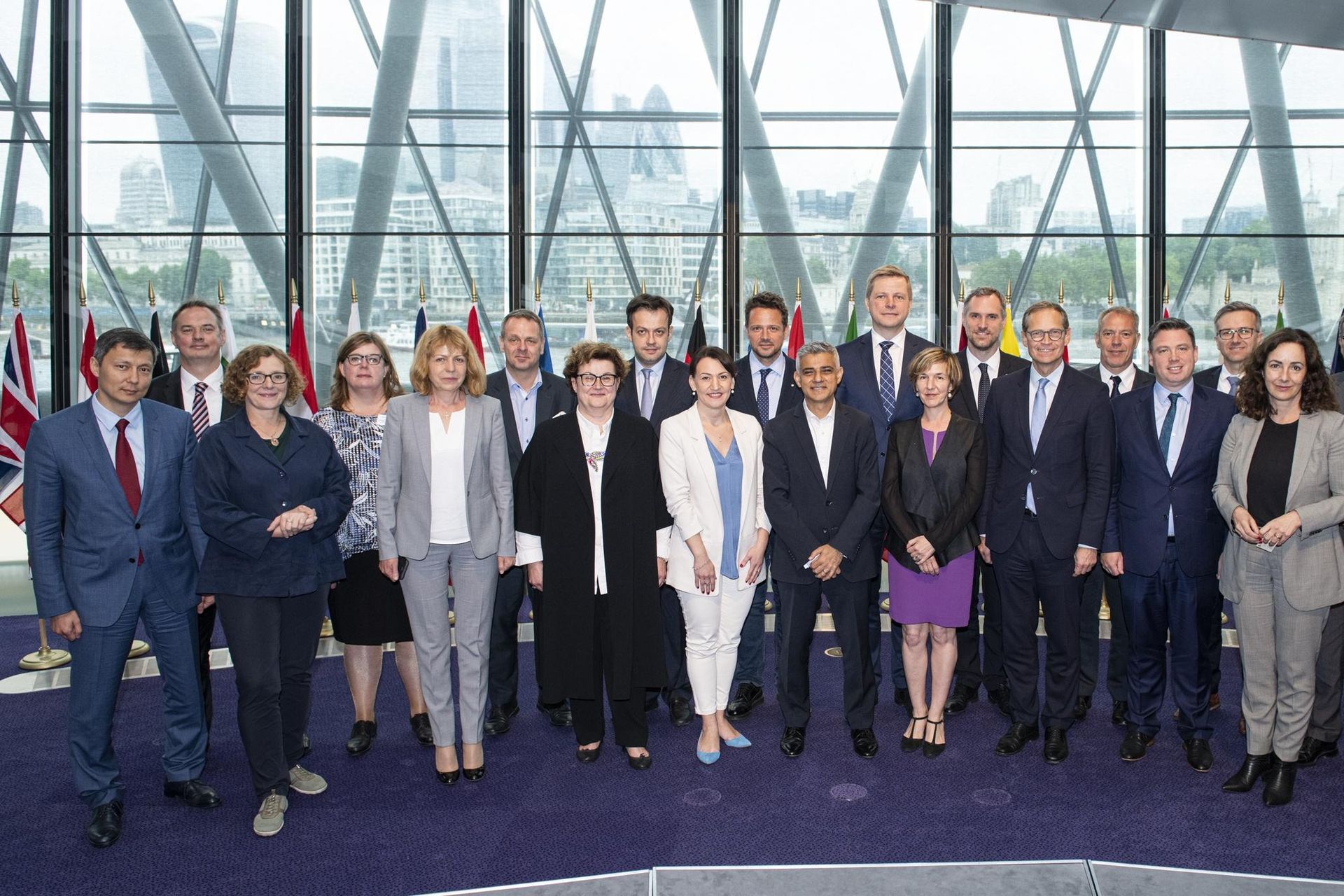
Our strategy against the housing shortage is threefold: “build, buy, and cap”. The most important thing is to build new apartments. We have improved the foundations for this and are building state-owned housing companies wherever possible. However, I also want to accelerate this further, since around 40,000 people come to Berlin every year to stay. That is why we have just bought 670 apartments from a large private company to keep rents stable. In total, there have been several thousand of them in recent years, and this is set to continue. We have just decided in the Senate that we will pass a law that freezes rent increases for five years throughout the city. We are not alone in this approach, with, for example, New York also hoping to introduce such a rent cap in the city.
Concerning mobility, here too we are experiencing major changes in the metropolises at the moment. This is why we are trying to make the city quieter, cleaner and a better place to live. We are doing this by, for example, controlling private transport (which, too, has the right to exist in cities), expanding cycle paths and strengthening public transport. Mobility is a foundation of just participation in society. It must also be made possible in the 21st century, but also remain modern and sustainable.
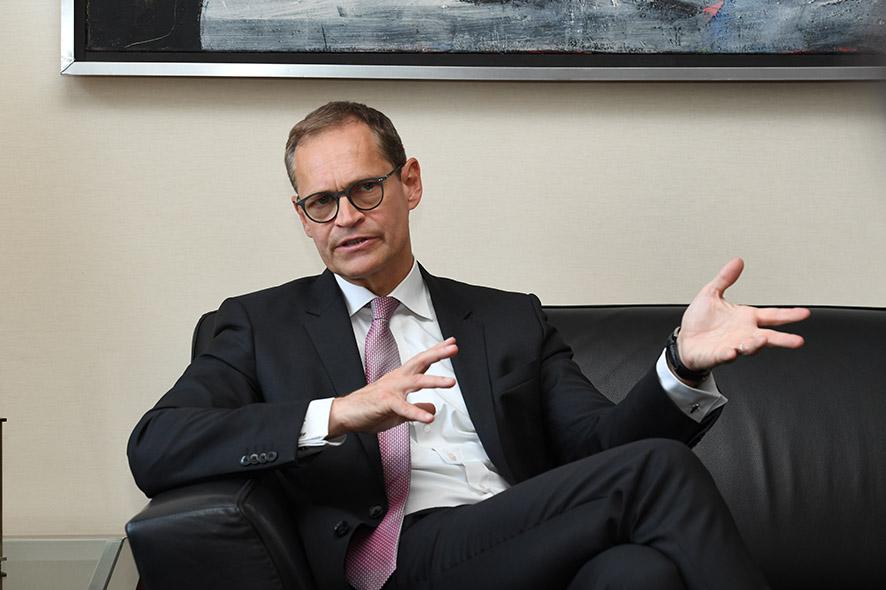
On 9 November, Berlin celebrates the 30th anniversary of the fall of the Berlin Wall. Which events around this celebration can our readers look forward to?
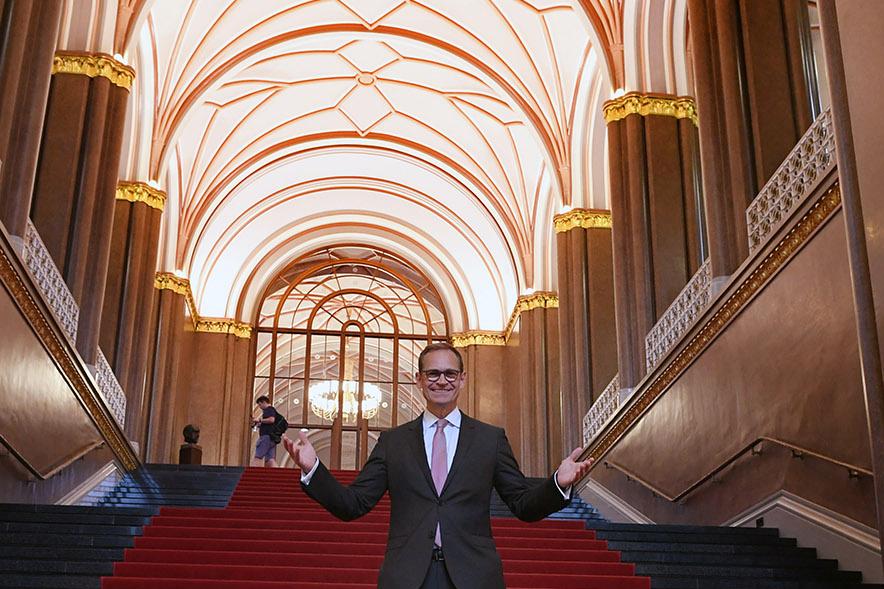
I am very much looking forward to this important anniversary. In the week around 9 November, Berlin will organise events related to these historic days at decentralised locations. Furthermore, there will be a participation project aimed at all Berliners who have experienced the fall of the Berlin Wall. Finally, we will celebrate with a big party at the Brandenburg Gate together with the German Government, international guests and of course local Berliners. Since the fall of the Berlin Wall, the city has developed into one of the big metropolises that really set the pace in Europe. For a few years now, we have been experiencing a great economic upturn, and all this is only possible because the Wall fell 30 years ago. Berlin is the city of freedom. I am inviting everyone to join me in celebrating.
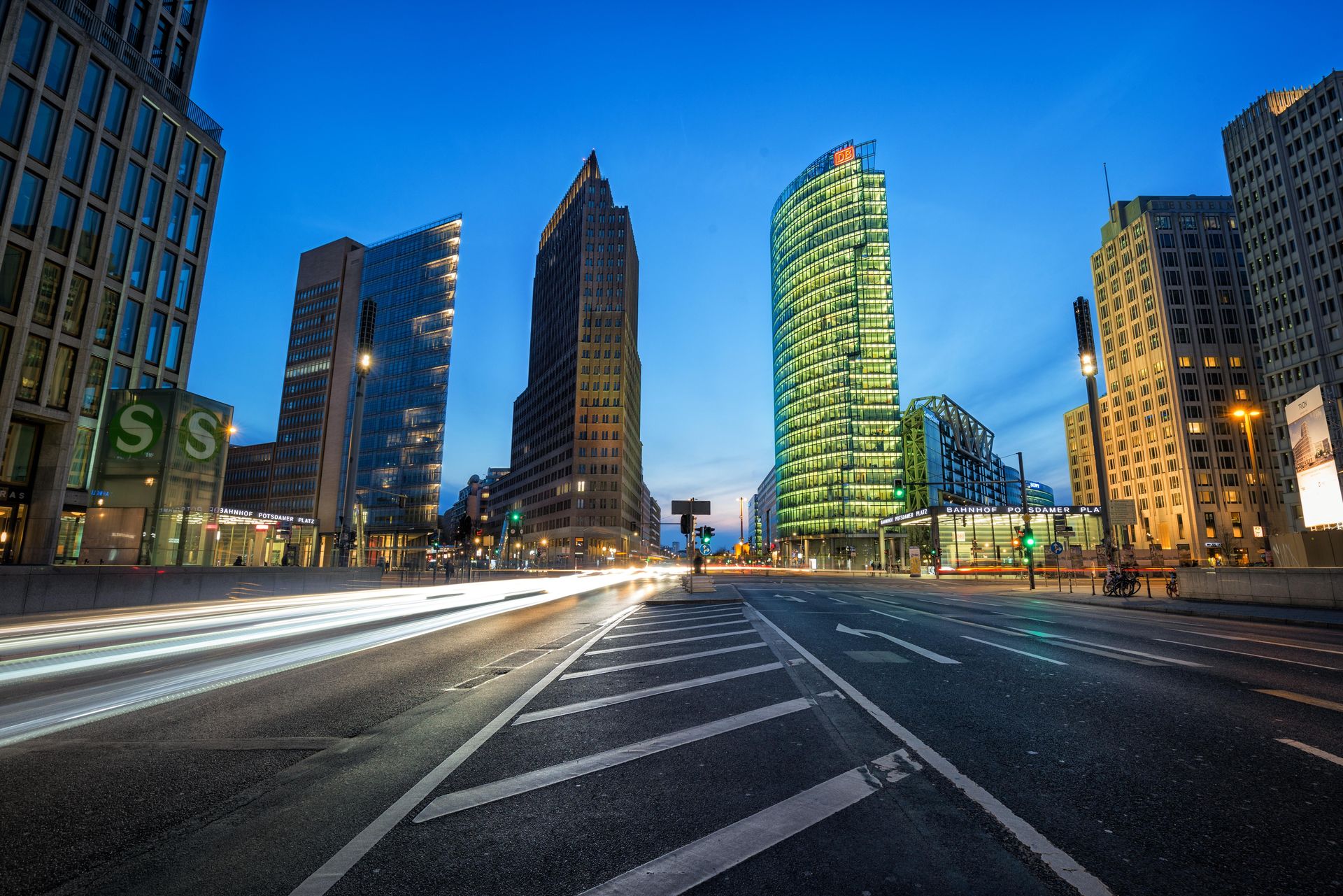
Together with Berlin Partnerfor Economics and Technology, the Berlin Senate wants to make the capital more attractive for international companies, investors and scientific institutions. Which topics are the focus here, also against the backdrop of the continuing start-up boom?
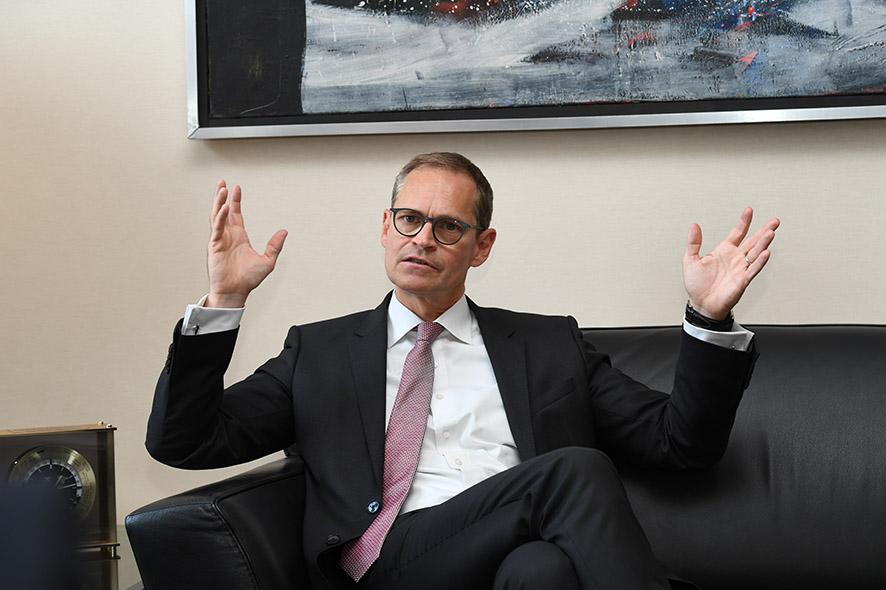
Berlin is the German start-up metropolis. This is also having an effect on large companies. I would just like to mention Siemens here as an example. The company is investing over 600 million euros in their Berlin location, and many small and new companies, i.e. start-ups, will benefit from this. In the nationwide Excellence Competition, our consortium of the three universities with the Charité was very successful! As an outstanding location of excellence with state and federal funding, we will now continue along this path, expand the research location further and network it even more internationally, for example with Oxford. Berlin is increasingly developing into an outstanding location for research and science. In the modern world of the digital revolution, we rely on knowledge and technology.
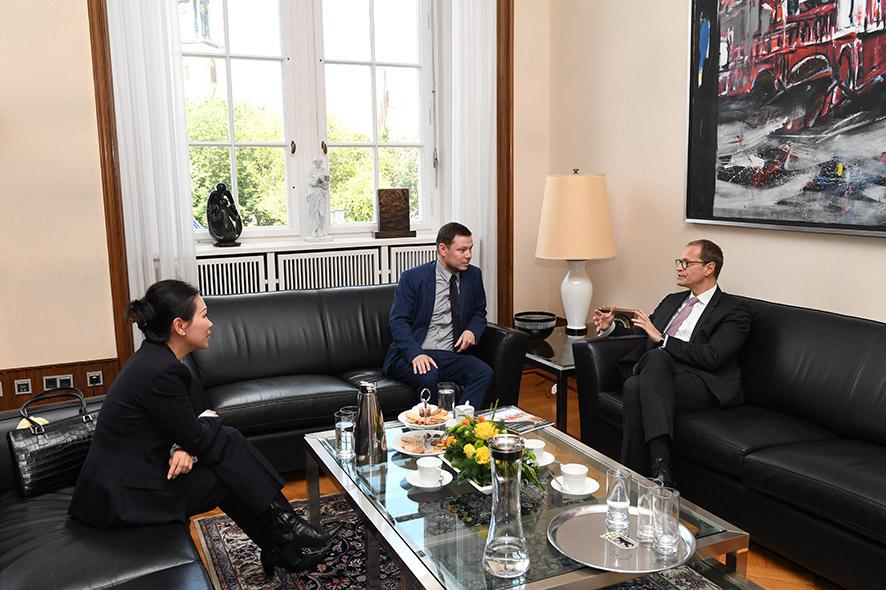
The number of tourists in Berlin has virtually exploded in recent years. What role does the official travel portal “visitBerlin” play in this development?
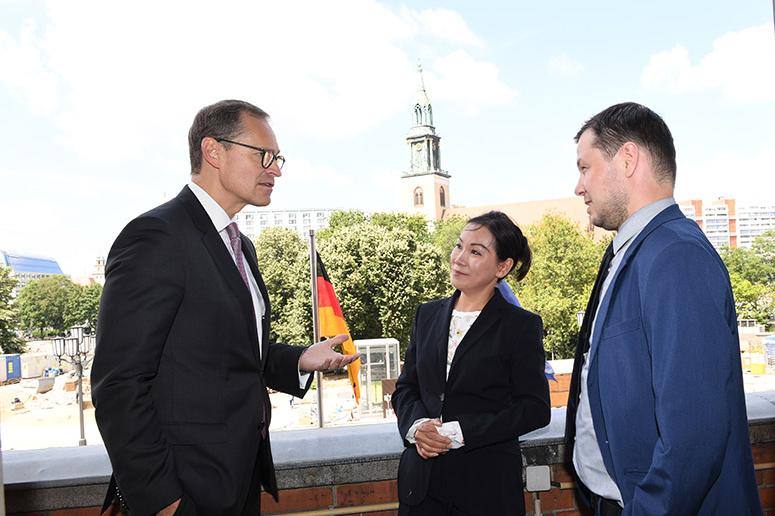
The city is attractive because it is colourful, tolerant and diverse. Berlin breathes the spirit of freedom, which is becoming increasingly important today when you look around the world. Free thinking and individual ways of life are being brought into question more and more. Berlin is the symbol of this freedom. This attracts people and “visitBerlin” helps to communicate this everywhere.
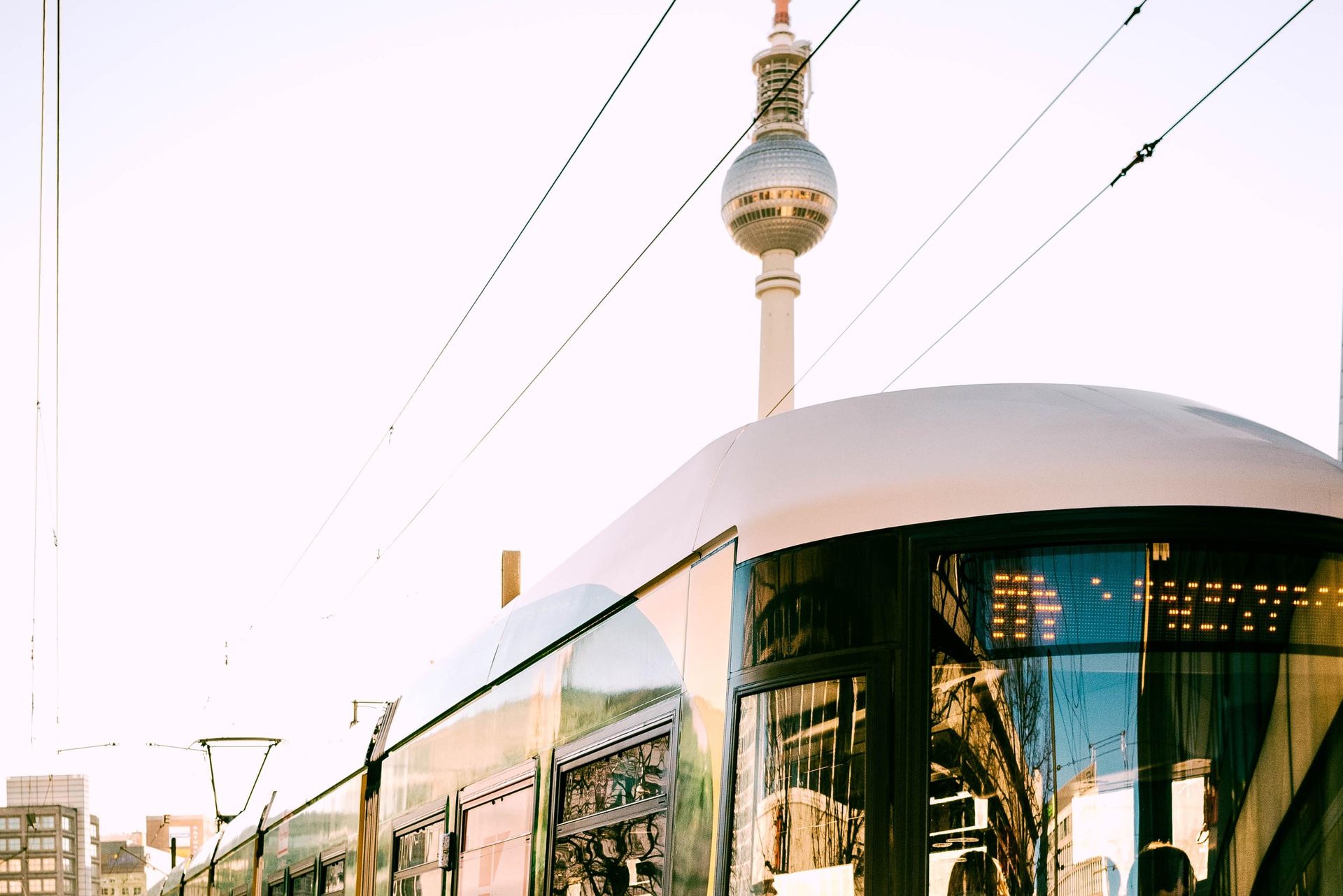
You yourself come from Berlin-Tempelhof. What is your favourite place in Berlin at the moment?
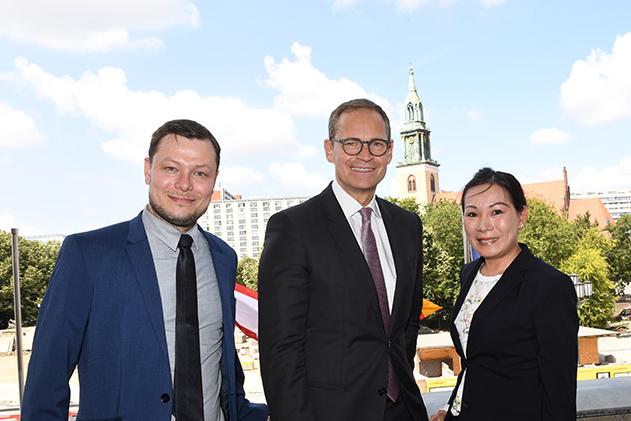
The whole of Berlin is on the move and it is therefore difficult to name a single place. Everywhere in the city, exciting things happen that attract tourists, but also people who see their future here. But I still feel very comfortable in my home district of Tempelhof. It is centrally located but still very green and liveable.
Mr. Governing Mayor, thank you very much for the interview.
INTERVIEW Markus Feller

